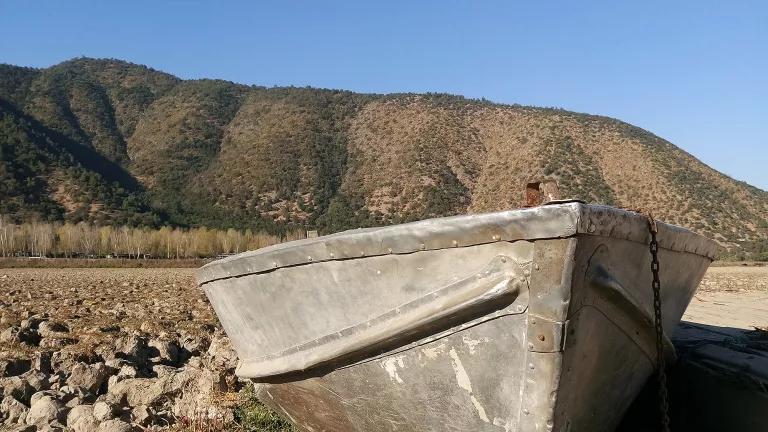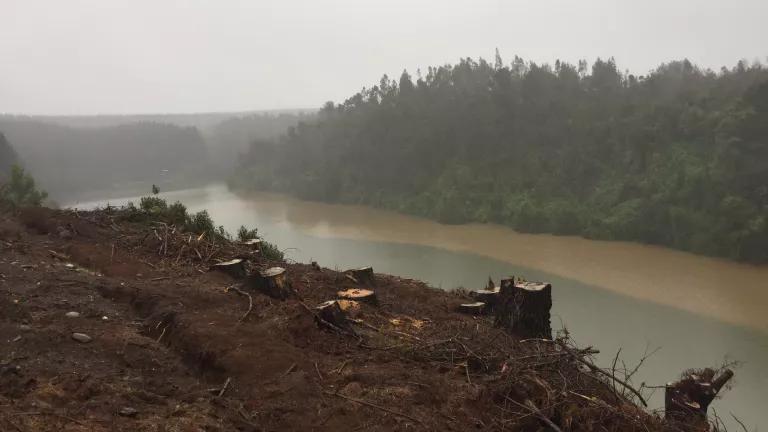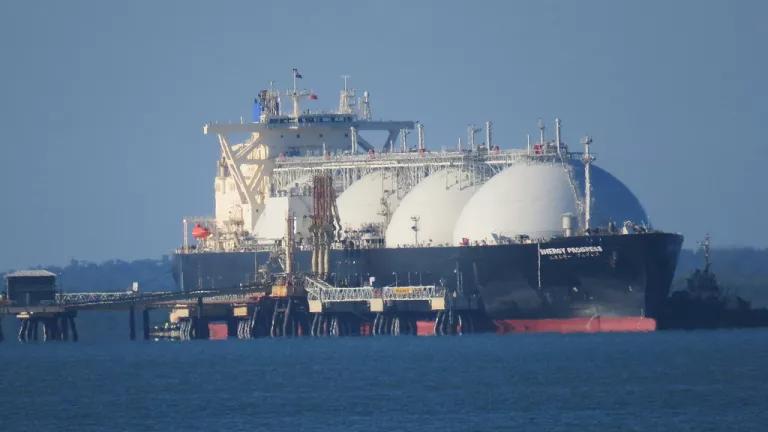Hydro-Highway Robbery: Reguemos Chile Would Benefit Agribusinesses at the Expense of the Environment, Small Farmers, and Indigenous Peoples

Rising temperatures and shifting precipitation patterns have led to an ongoing mega-drought in Chile. The country is currently experiencing a serious water shortage that is impacting health, sanitation, food production, drinking water, and energy production. This water crisis requires urgent solutions to ensure that there is sufficient and safe water for communities and ecosystems as well as for productive uses.
Despite the need for immediate solutions, however, it is important to avoid projects that may cause more problems than they solve. The Reguemos Chile project, a “carretera hídrica” or hydro-highway, is an example of such a damaging initiative. Its proponents plan to use a series of canals and aqueducts to transfer water from the south of the country to the central north. However, the Reguemos Chile hydro-highway would be expensive and take years to build. It would only benefit big agriculture and would cause unknown and unprecedented social and environmental damage to the communities who live along its route, damage that would be exacerbated by the national water shortage and continued impacts of climate change. As Chile rewrites its constitution, the country should invest instead in alternative projects that avoid the harmful anticipated impacts of this hydro-highway.



